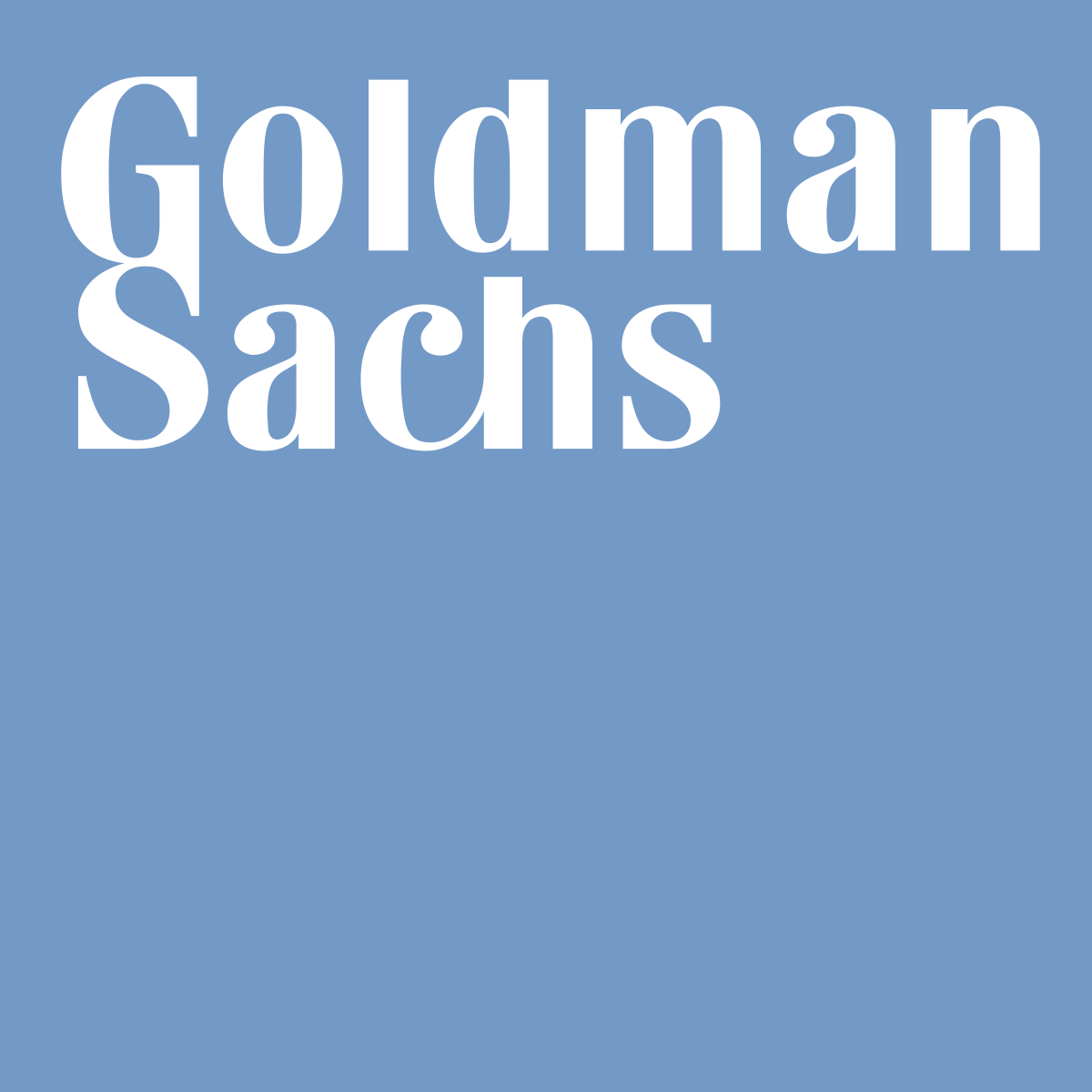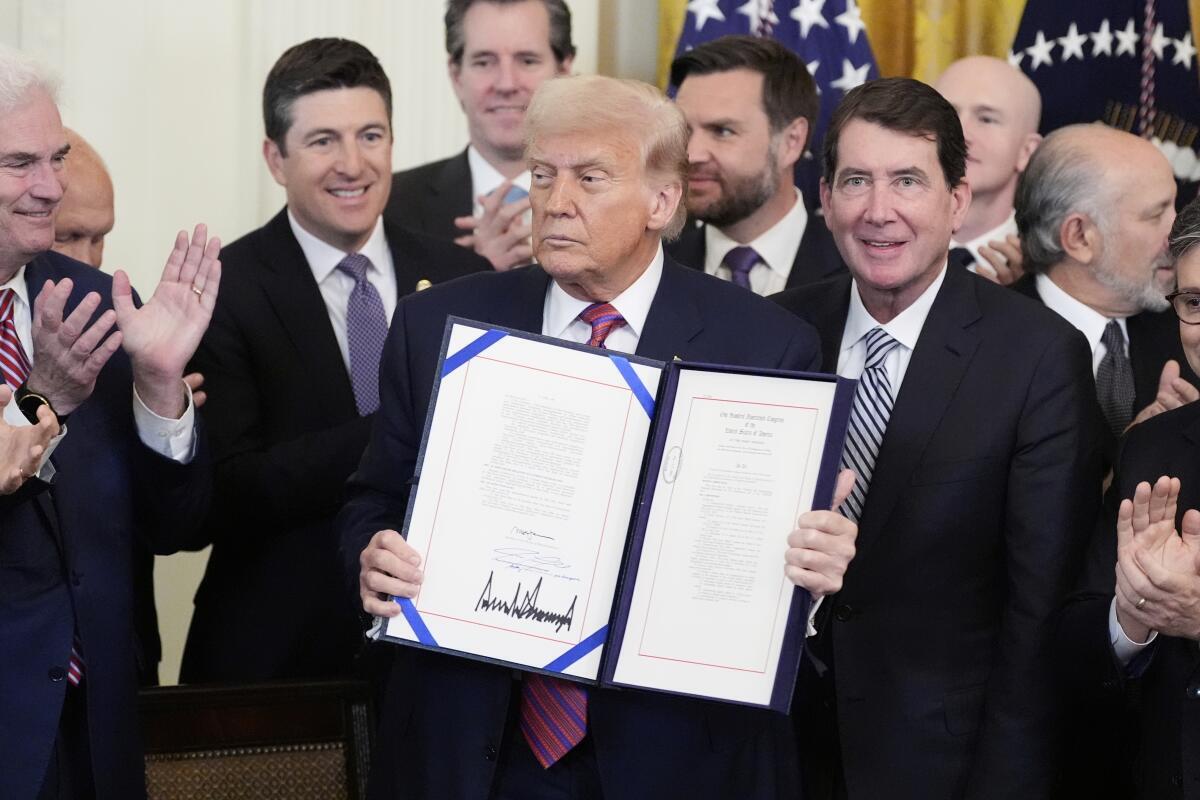by Renée Friedman, PhD
Global Head of Research, EXANTE
by Renée Friedman, PhD
Global Head of Research, EXANTE
From almost every angle, both short and longer-term perspectives would reinforce the notion that we are at an important point of inflection in our affairs, after which things will be different, and through which families will experience a far wider range of outcomes — both positive and negative — than usual.
Over the past year, as the paper describes, global family offices have had to contend with rising geopolitical risks, tariff uncertainties and trade war threats posing a risk to price stability and public equities, a changing rate environment amidst sticky inflation, increased currency risk and wider market volatility due to a wide range of international and national factors. To this can be added rising costs across the board and fiscal policies with an ever-sharper focus on the wealthy as a source of income to fill annual budget gaps of substantial and expanding proportions.
Longer term issues also arise which can be seen to be related to tectonic shifts in both geopolitical and geoeconomic trends include AI and the role of technology, environmental concerns, national debt levels and domestic political turbulence add to the view that ‘more of the same will no longer be enough’ from family offices in a world of change both expected and surprising.
In addition to identifying some core issues, this paper also explores potential elements of some forward-thinking solutions that could help family offices to understand and respond to many of these great issues of our time.
We welcome its submission as a valuable contribution to the Lord Mayor of London’s first Global Family Office Summit and thank Dr Renée Friedman and her colleagues at EXANTE for their time and effort in putting these thoughts together.

Mark Haynes Daniell
Chairman, Raffles Family Wealth Trust Ltd
The world of family offices is changing rapidly. They are becoming more globally exposed not just in terms of expectations around product offerings, but also in response to a wide range of generational changes affecting both the purpose and operations of many single family offices also in terms of generational changes.
Editor-in-Chief at EXANTE

What are the main concerns?
The future of private wealth is changing rapidly. According to BCG in its 2025 wealth report, Rethinking the Rules for Growth, global financial wealth reached $305 trillion in 2024, an all-time high. However, we are witnessing a dramatic shift in who actually owns this wealth. As noted by Paul Donovan, Chief Economist, UBS Global Wealth Management, in the UBS Wealth Report 2025, accelerating great wealth transfer is accompanying social upheaval born from the fourth industrial revolution and high levels
of government debt.
In a world of shifting trade alliances and flows, formerly “safe” investment areas may actually hold higher risk than what were previously considered higher risk alternative investment areas. This may explain why, as noted by the Citi Wealth 2025 Family Office Report, global family offices kept their asset allocations largely steady in 2025, making fewer shifts than in 2024 due to the lack of clarity on trade policy.
As noted by the Goldman Sachs 2025 Family Office Investment Insights Report, Adapting to the Terrain, over the next 12 months, 77% of family offices globally expect economic protectionism to increase and 70% anticipate the average global tariff rate will be the same or higher, suggesting a perception that higher tariffs have become the new normal.
However, Citi’s report indicates that as family wealth passes to new generations, the significance of fostering family unity and continuity increases as the scope for divergences in vision and values grows. Forty-three percent of third-generation or later family offices cited this as a focus issue compared to 32% of first-generation entities.
Additionally the changes we are seeing in migration patterns and demographics means the expected wealth transfer, according to UBS, of up to $83 trillion over the next 20 to 25 years, may result in very different portfolio allocations than may have traditionally been the case. According to the BCG report, Asia-Pacific is forecast to lead global financial wealth expansion, with projected growth of about 9% annually through 2029 — well ahead of North America (4%) and Western Europe (5%). These dynamics mean that family offices must rethink and rebalance their strategies to accommodate a more diverse group of people holding a wider range of risk profiles.
The complexity of issues that are likely to now be worrying family offices include multi-generational tax issues, increasing cost sensitivities, ensuring adequate legal and regulatory provisions in an uncertain fiscal environment, dealing with technological advances, particularly the use of AI models in portfolios, the need for legacy family and FO education, and the impact of wider macroeconomic forces ushered in by the significant shifts in the global macroeconomic and geopolitical arena over the past year.
Geopolitical uncertainty is the leading concern for family offices, shaping their capital allocation decisions in a profound way. BlackRock’s 2025 Global Family Office Survey found that 84% of family offices cite the geopolitical landscape as increasingly critical paired with 64% looking to increase portfolio diversification in the current outlook. Goldman Sachs found that 61% of respondents thought geopolitical conflict was the greatest investment risk today.
However, other areas of concern are also emerging. Growing fiscal dominance alongside rising domestic political instability (cited by 39% of respondents to Goldman Sachs’ poll), has intensified the complexity facing family offices. Citi Wealth found that trade disputes/tariffs were respondents’ top concern (60%), followed by US–China relations (43%) and inflation (37%). Interest rates and market volatility both stood at 30%. The stability of the global financial system was cited by 29%. Surprisingly, the Middle East conflict (14%) and the Russia–Ukraine war (9%) were perceived as lesser threats than last year (25% and 16% respectively), indicating that markets already priced them in.
Family offices, which collectively manage assets estimated at $6 trillion worldwide according to UBS, are, in many ways, at the forefront of these changes. Europe and the UK in particular have taken fiscal steps that would have been seen as radical not long ago. For example, the European Commission proposed its ReArm initiative, while Germany agreed a historic political deal on defence investment and the removal of the debt brake.
The situation in the UK differs from the rest of the
world in some fairly significant ways. The first big hit to family wealth under the current government came on 30 October 2024, with the announcement of changes to inheritance tax (IHT), business property relief (BPR) and agricultural property relief (APR).
In particular, the removal of non-domicile (non-dom) status to a “residence-based” regime now means that individuals have to pay tax on their worldwide income and gains within a certain period.
This may have put the UK at a disadvantage compared to countries like Italy, which have a more pro-wealth approach to attract the mobile international wealthy,by having significantly longer tax holidays. And now, almost a year on, the country’s specific risks are rising due to increasing regulatory scrutiny and a weakening fiscal regime challenged by low growth, poor productivity leading to reduced tax revenues and pressure on public finances at a time when inflation remains sticky.
However, as noted by Bloomberg news, many family offices are, for now, staying put. This, of course, provides some relief to Chancellor of the Exchequer Rachel Reeves as her “tax the rich” policy has drawn criticism amid several high-profile departures
of wealthy business people from the UK. Family offices face two major challenges. On the one hand, with the budget not being revealed until 26 November, they need to consider how best to plan around ongoing and new sanctions as well as restrictions on technology transfers that may affect portfolio allocations and liquidity plus how they meet existing legal and regulatory provisions. On the other, is how they help their clients prepare for this new budget.
The tax changes that may come in the new budget, particularly those related to Inheritance Tax (IHT) reliefs and the introduction of a progressive property tax system along with the limiting of lifetime gifting means that tackling family governance matters has never been more important. Relinquishing control of the family business or assets can be an unsettling experience. Conversations with the next generation will be required.
Where to adjust practices and portfolios?
In the UK, renewed fiscal pressures on the government create further uncertainty, meaning that family offices should consider other revenue sources that will be less affected by the UK’s subdued growth outlook. In short, family offices should be in a risk-management mode, focussing on increasing diversification and increasing their use of illiquid and liquid alternatives.

What are the future risks?
Looking five years ahead, those worried about a major geopolitical conflict increased to 61%, while 53% were worried about a global recession likely off the back of potentially serious trade disputes. Alert to the dangers of government borrowing, 50% of family offices were concerned about a debt crisis, according to the survey, followed by major geopolitical conflict, and higher inflation.

Although the Goldman Sachs survey revealed that portfolios remained nearly identical to their 2023 survey, with asset allocation to public equities (31%), alternatives (42%), fixed income (11%) and cash (12%), there have been some changes, particularly
in relation to private equity. Exposure there declined as limited partners hesitated to recommit to new vintages or managers. In addition, as noted by BlackRock, many family offices also expressed concern about the potential for a recession and uncertainty over how private credit may perform during the down part of a credit cycle.
What to do as the US weakens?
of the US dollar and the US economy.
Although this may be beneficial to equity sectors that benefit from increased global competitiveness, others could face challenges due to rising input costs. These results underscore the importance of understanding the complex dynamics of global value chains and
the varying effects on different industries.

to be managed
Where families do have succession plans, the greatest challenge remains ensuring the transfer of wealth in the most tax efficient manner, according to 64% of respondents.
As we see the number of wealthy people growing, particularly in Asia, family offices need to develop modernised approaches to wealth management including creating a stronger digital presence,
ensuring the ability to maintain privacy, and reputation.
This is where the location of family offices, not just their ability to create virtual networks and connections, comes to the fore. By locating a family office in a major financial centre such as London,
the family office is better able to, in economist terms, take advantage of the positive externalities that exist. This means access to financial capital and auxiliary service providers, such as lawyers, auditors, advisors, and accountants, with the intellectual capital and experience necessary to complement family office services.
Where are the opportunities now that
the “go-to” assets aren’t delivering as much?
Although public equities remain the largest sector allocation, there are growing concerns around valuations. A monthly survey of global fund managers by the Bank of America indicated that the net share of investors who believe global equity markets are overvalued hit a record high of 58% in September.
In addition, investors need to consider currency impact and margin compression due to increasing supply chain input costs which may lead to lower volumes and lower returns in Q3, Q4 and into 2026.
Even though inflation may continue to be moderate in the US as tariff effects may only be temporary, an expected continuation of US dollar weakening means investors may wish to remain focussed on other asset classes that are better shielded from the extremes
of policy volatility.
thanks to clearer legislation
the SEC, MiCA and the FCA addressing prior concerns such as custody risk.

In addition to Spot Bitcoin and Ethereum ETFs, an increasing number of digital token ETFs are being launched or soon will be launched following the decision by the SEC on 17th September 2025 that approved generic listing standards for new cryptocurrency ETPs.
Due to this growth the FCA set out proposals on 17th September 2025 to bring crypto firms fully into its regulatory framework, promising a regime that reflects traditional financial rules while adjusting them to the specific risks and features of the digital asset market. One important step that the FCA has already taken is the lifting of its ban on retail access to cryptoasset-backed exchange traded notes (cETNs) that has been in place since 2021, effective from 8 October 2025.
of respondents said they were invested in AI in some
capacity, with other popular options including investments in secondary beneficiaries of the AI boom like data centres or AI-focused VC funds.
And there’s more to it than just investment opportunities. Family offices should consider using AI themselves for a variety of tasks from risk management to cash-flow modelling to creating data-driven product distribution systems to guide outreach with predictive insights.
Although, as noted by Citi, the proportion of respondents to their survey mentioning AI deployment has nearly doubled over the past year, particularly in the automation of operational tasks (22%) and investment analysis or forecasting (22%), AI has yet to be integrated across all functions, especially those involving risk and compliance.
This hesitancy around AI was also noted in BlackRock’s
report, with respondents citing technical, organisational,
and psychological barriers that must be overcome before they feel comfortable adopting AI more broadly. This may just be an issue of internal office education as the greater efficiency and the potential reduction in costs that AI could bring would also likely mean better risk oversight and an improved ability to adapt to wider tail risks. It will also likely mean improved systematic lead generation through the use of GenAI with lower churn and prep time. Greater use of AI may also help entice the next generation, by allowing for the creation of hyper-personalised onboarding journeys.
While the family office’s survival will depend on reducing barriers to technology adoption, cyber security concerns should not be underestimated.
For example, as deepfakes and voice cloning continue to improve, use robust data privacy measures that employ advanced encryption technologies to secure sensitive data. Comprehensive staff training to build cyber literacy and reduce the likelihood of successful phishing attacks, and being proactive in investing in a security strategy that is capable of safeguarding families long-term interest are all critical measures that family offices must consider.
they don’t understand, then there is that historical store of value, physical gold.

In addition to pure bullion, we’ve also seen renewed interest in gold ETFs, with physical gold ETFs providing a more direct way to gain exposure to the price of gold. Gold mining ETFs, on the other hand, offer indirect exposure, as their performance is influenced by both gold prices and the operational performance of the mining companies.
a family’s growth and goals without forcing them
to shift investments. And in turn, joint coverage and a dedicated offering means family offices can more easily engage the next generation.
to take, what is clear is that in a world where new policies and more uncertainty raises the risk return profile of many traditional asset classes, investors need to adapt. And the biggest change to how family offices consider portfolio allocations may come from the new generation of those families whose wealth they are charged with safekeeping.
This new generation has grown up in a digital world and is familiar with new technology and digital products in a way prior generations may not be. Therefore, to remain in line with, if not ahead of, these demographic shifts, family offices should consider
the wonders that the fourth industrial revolution has
to offer, characterised by the fusion of technologies that blur the lines between physical, digital, and biological worlds.
While every effort has been made to verify the accuracy of this information, EXT Ltd. (hereafter known as “EXANTE”) cannot accept any responsibility or liability for reliance by any person on this publication or any of the information, opinions, or conclusions contained in this publication. The findings and views expressed in this publication do not necessarily reflect the views of EXANTE. Any action taken upon the information contained in this publication is strictly at your own risk. EXANTE will not be liable for any loss or damage in connection with this publication.
